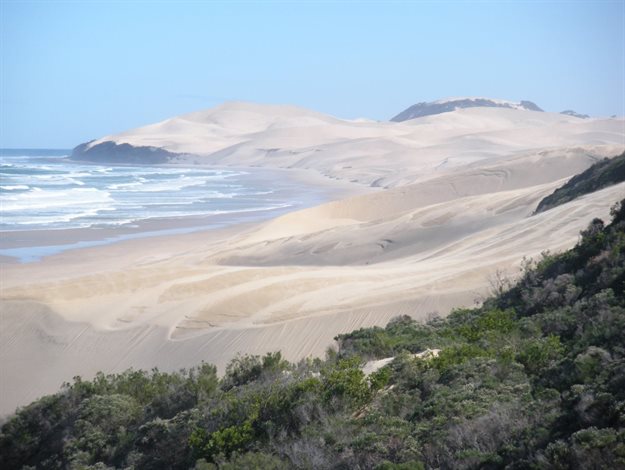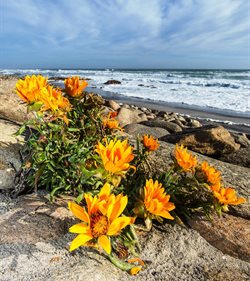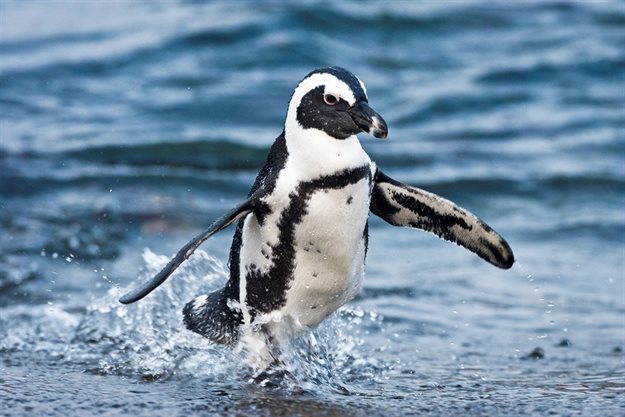
Top stories






LifestyleWhen to stop Googling and call the vet: Expert advice on pet allergies from dotsure.co.za
dotsure.co.za 2 days
More news


















The Addo Elephant National Park MPA, Robben Island MPA (to be managed by Table Mountain National Park) and Namaqua National Park MPA form part of 20 new national MPAs gazetted on 23 May 2019. This declaration is the culmination of many years of work by South African National Biodiversity Institute (SANBI,) SANParks, Ezemvelo KZN Wildlife and the DEA. These MPAs come into effect on 1 August 2019.

According to SANParks national marine coordinator Dr Ané Oosthuizen, this new network of MPAs increases the conservation footprint of South Africa’s oceans from 0.43% to 5% and is a major achievement for conservation. “The new MPAs will contribute to the conservation of our oceans, islands and coastal habitats, protect threatened species such as penguins and rebuild overexploited species such as linefish, abalone and rocklobster. They will help secure ecosystem services, support recreational, tourism and educational activities, as well as subsistence, recreational and commercial fishing. MPAs help keep ecosystems resilient in the face of climate change,” says Oosthuizen.
She says the planning towards some of these MPAs started as far back as in 2006, such as the Addo Elephant National Park MPA, by SANParks and the SANBI Offshore MPA project.

Hundreds of planning and stakeholder meetings and negotiations with communities and industries such as oil and gas, mining, fisheries, and aquaculture took place. Planners and lawyers spent five years developing the shape, size and regulations for these MPAs with many compromises on all sides.